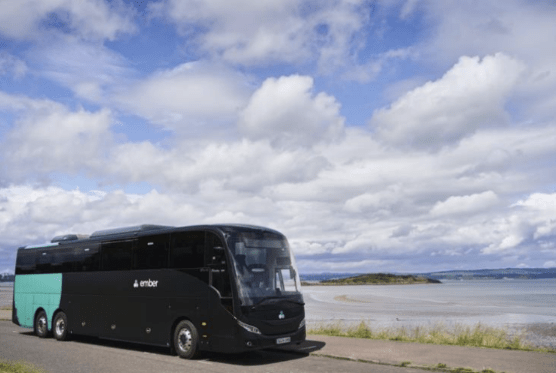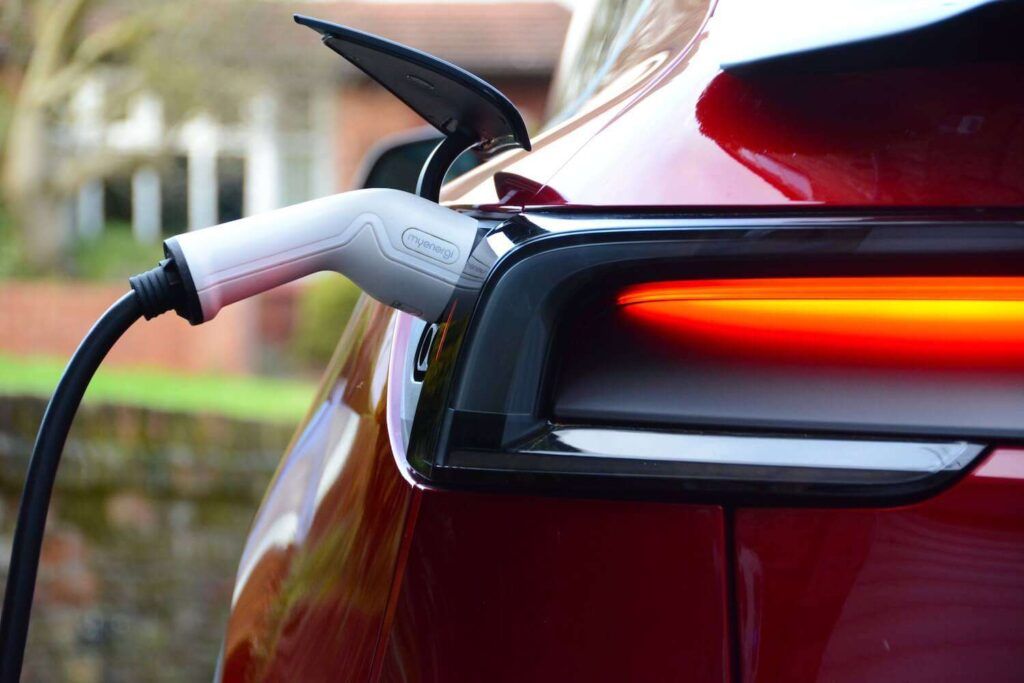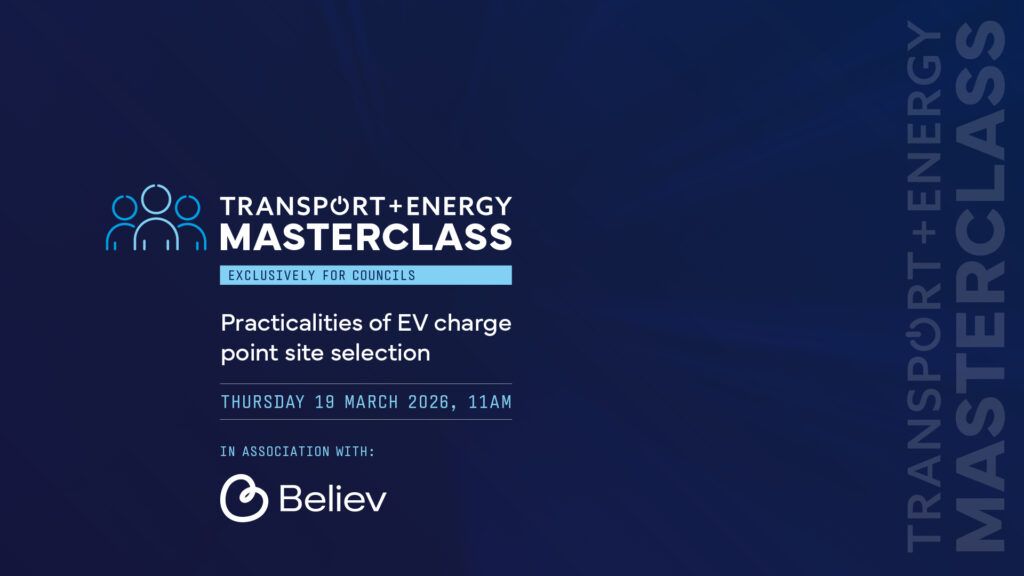Operators of car clubs have warned about the affordability of running electric vehicles (EV) – as the numbers of EVs in such fleets has fallen by an “unprecedented and concerning” 5% year-on-year.
The figures from national shared transport charity Collaborative Mobility UK (CoMoUK) revealed increased costs in higher charging fees and changes in government policies have resulted in a drop in the number of car club EVs.
The cost of running and maintaining a car club EV is now £6,276 per year more than a petrol car in the same fleet.
Operators said that car club EVs cannot benefit from discounted domestic electrificity at 5% VAT, and have been “exposed” to the “sharp increases” in the costs of public charging. In addition, other previous savings have diminished, including the need to now pay Vehicle Excise Duty and the congestion charge in London.
CoMoUK research also suggested that some car club users are more reluctant to use an EV than a petrol car, partly due to concerns about charging, range and a general lack of understanding about how they work.
As a result, the proportion of EVs in such fleets has fallen to 30% in 2024 from 35% in the previous year. Although the figure is much higher than amongst private owners, where it is only 4%.
The charity is warning that unless action is taken at a national and local level, it will be much more difficult for car clubs to achieve the reduction in emissions that operators want.
Richard Dilks, chief executive of CoMoUK, said:
“The fall in the proportion of electric vehicles within UK car club fleets is unprecedented and concerning, and illustrates the intense cost pressures being faced by operators.
“Car clubs have led the way in the shift to electric, and when you consider that only 4 per cent of privately-owned vehicles are EVs, they are still way ahead in this regard.
“However, there is a risk that this good progress will be lost unless action is taken at both a local and national level to ensure that operators aren’t being unfairly penalised.
“We urgently need more dedicated car club parking bays with charging stations, as well as a range of discounts and tax exemptions, if we are to encourage this growing sector to be as green as everyone wants it to be.”
James Taylor, general manager of Zipcar UK, said:
“Zipcar is proud of the progress we have made to electrify our fleet, introducing our first fully electric vehicle in 2018.
“Since then, we’ve provided convenient, affordable access to electric vehicles to over 170,000 of our members who have driven an EV with us.
“But with the increasing costs of operating an electric car club vehicle, this progress will be stalled unless there is further investment in dedicated car club infrastructure and measures to address the high costs of operation.”
Richard Falconer, founder of Co Wheels, said:
“We are committed to increasing the number of electric vehicles in our fleet, but government rules on electricity pricing hold us back and cost our members money.
“EV owners pay as little as 7p per kWh for electricity on cheap domestic rates, but we pay seven to 10 times that amount, so our charges to members have to cover that extra cost.
“We want to use more EVs due to the environmental benefits, but they cost more to run than petrol vehicles, as the government adds VAT at 20 per cent for commercial electricity instead of the 5 per cent VAT on domestic electric. Plus there is no price cap on commercial electricity to keep prices down.
“This discriminates against our members who choose to give up their vehicles to use shared cars. They pay much more than EV owners, so if the government wants to encourage the switch to electric vehicles, they need to change the rules to make pricing the same as EV owners who charge at home.”
Dan Gursel, head of Enterprise Car Club UK, said:
“As EV consumer adoption and familiarity slowly increases, cost considerations will be vital in shaping car clubs that effectively cater to community needs.
“EVs tend to have higher costs compared to internal combustion engine vehicles, underlining the importance of government support and collaboration to further support adoption within car clubs.”
Marc Roberts, chief technology officer at Hiyacar, said:
“EVs are a critical tool in the fight against climate change, offering a cleaner, lower-emission alternative to internal combustion engines.
“However, the transition is being slowed by a persistent affordability gap. Until EVs become more cost-competitive, we risk delaying the full environmental benefits they can deliver.
“Car clubs already operate on razor-thin margins, and this gap is a huge barrier, preventing the transition to EVs and stopping people from realising the long-term benefits.”
Image from Shutterstock
The news comes as Transport + Energy launches its first Fleet Electrification Forum on 9 July at Warwick Conferences. Find out more about the event here.












